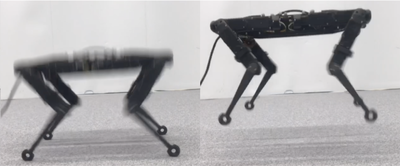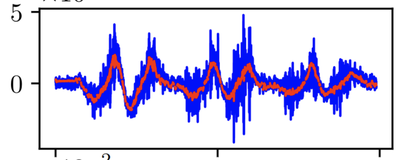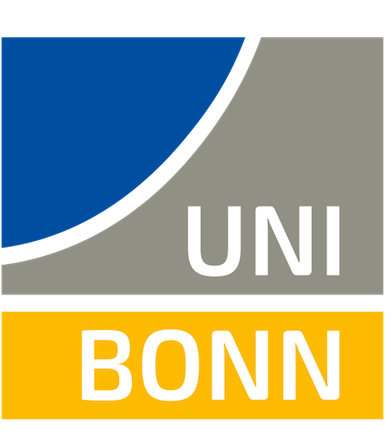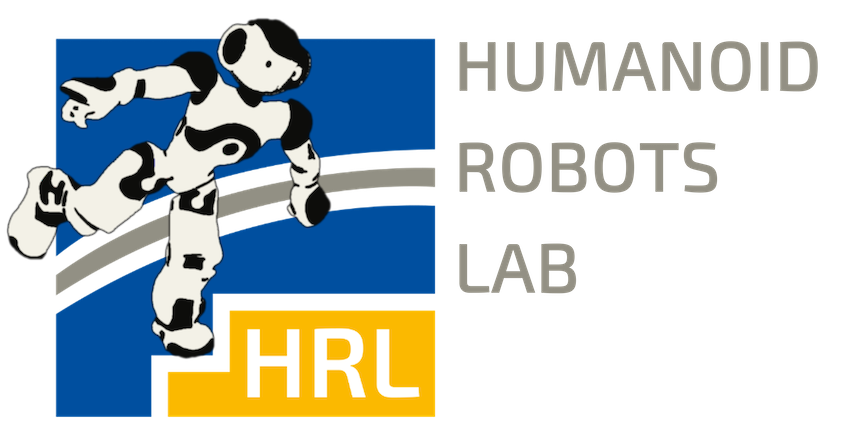On the Use of Torque Measurement in Centroidal State Estimation
Authors:
S. Khorshidi, A. Gazar, N. Rotella, M. Naveau, L. Righetti, M. Bennewitz, M. KhadivType:
Conference ProceedingPublished in:
IEEE International Conference on Robotics & Automation (ICRA)Year:
2023Links:
BibTex String
@inproceedings{khorshidi23icra,
title={On the Use of Torque Measurement in Centroidal State Estimation},
author={Khorshidi, Shahram and Gazar, Ahmad and Rotella, Nicholas and Naveau, Maximilien and Righetti, Ludovic and Bennewitz, Maren and Khadiv, Majid},
booktitle={Proc. of the IEEE International Conference on Robotics and Automation (ICRA)},
year={2023}
}


Abstract:
State-of-the-art legged robots are either capable of measuring torque at the output of their drive systems, or have transparent drive systems which enable the computation of joint torques from motor currents. In either case, this sensor modality is seldom used in state estimation. In this paper, we propose to use joint torque measurements to estimate the centroidal states of legged robots. To do so, we project the whole-body dynamics of a legged robot into the nullspace of the contact constraints, allowing expression of the dynamics independent of the contact forces. Using the constrained dynamics and the centroidal momentum matrix, we are able to directly relate joint torques and centroidal states dynamics. Using the resulting model as the process model of an Extended Kalman Filter (EKF), we fuse the torque measurement in the centroidal state estimation problem. Through real-world experiments on a quadruped robot executing different gaits, we demonstrate that the estimated centroidal states from our torque-based EKF drastically improve the recovery of these quantities compared to direct computation.

